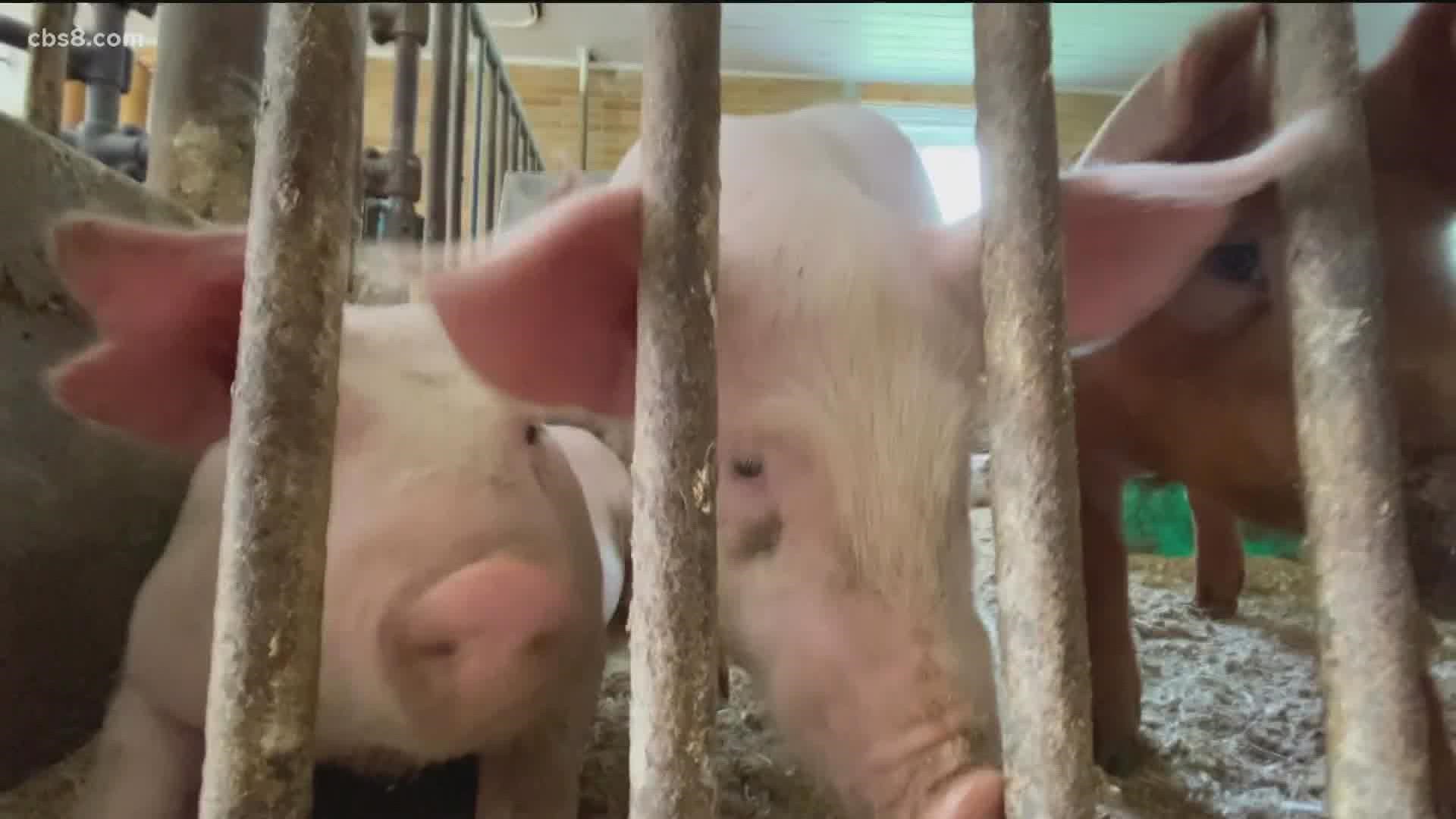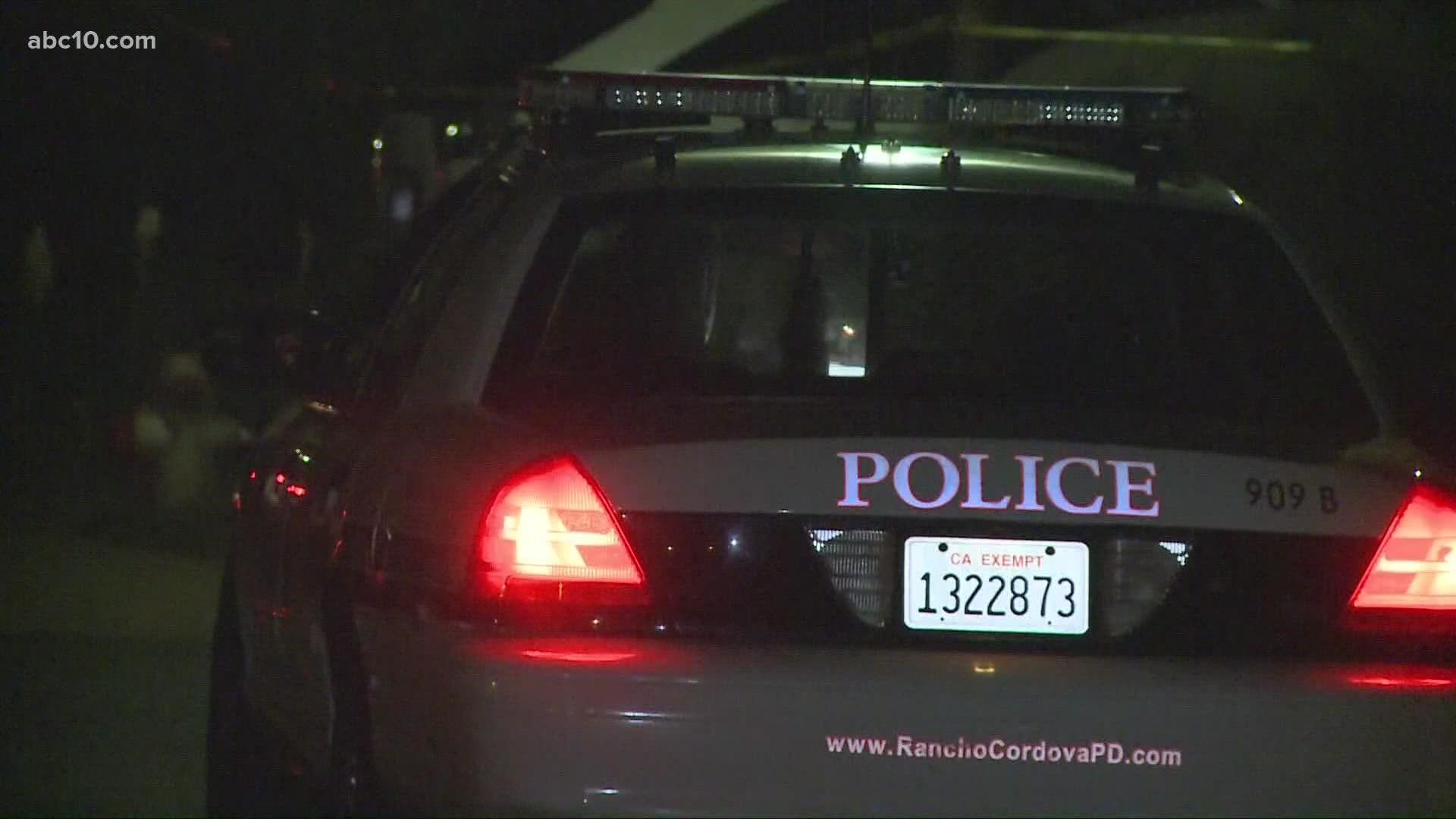SAN DIEGO COUNTY, Calif. — 2022 is upon us which means new laws in effect for the state of California.
There are 43 new laws covering issues like minimum wage, affordable housing and even gender-neutral store displays which went into effect statewide on Saturday.
Among the noteworthy laws are two that will directly affect food distributors in the state.
After voters concerned with animal welfare passed Proposition 12 in 2018, meat manufacturers must now give cows, pigs, chickens and other animals raised for livestock more room in their pens.
While the law is supposed to come into effect on Jan. 1, most producers haven’t made the changes and are suing the state over the new rules.
The state is also going to war with food waste and its effect on climate change. Senate Bill 1383 will take aim at the large amount of organic material sitting in landfills which produce huge amounts of methane gas.
Californians will now have to sort their food scraps, lawn trimmings and other organic waste into a separate compost bin.
Right now, California landfills contain 23 million tons of organic material- the state is hoping to cut that by 75% by 2025.
The bill also targets large food distributors like grocery stores that must now donate edible food that would otherwise thrown away to food banks or other organizations or face fines.
Allison Glader of Feeding San Diego says the law is a win-win for the planet and those who face hunger in California.
"You'll see pallets and pallets of oranges, plums, bananas and boxes of cereal that would be going to a landfill if Feeding San Diego didn't come rescue it," said Glader. "We will just hopefully continue to see an increase of food donations, which in turn can feed more people. There's enough food out there for everyone."
Less good food thrown away, smaller landfills and fewer people going hungry. Cutting down on food waste is definitely one of California’s New Year’s resolutions.
WATCH RELATED: A look at new California laws for 2022 | Rynor Report


